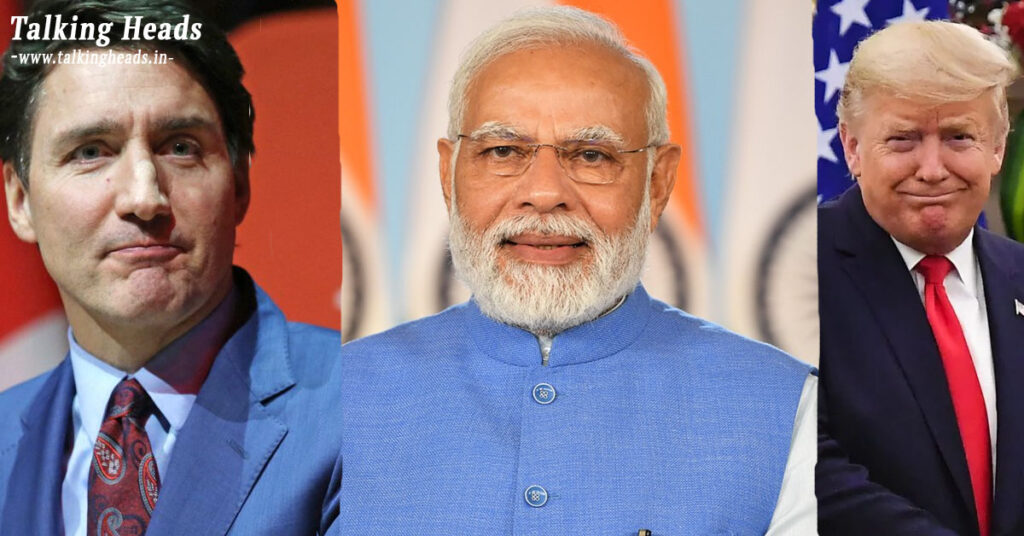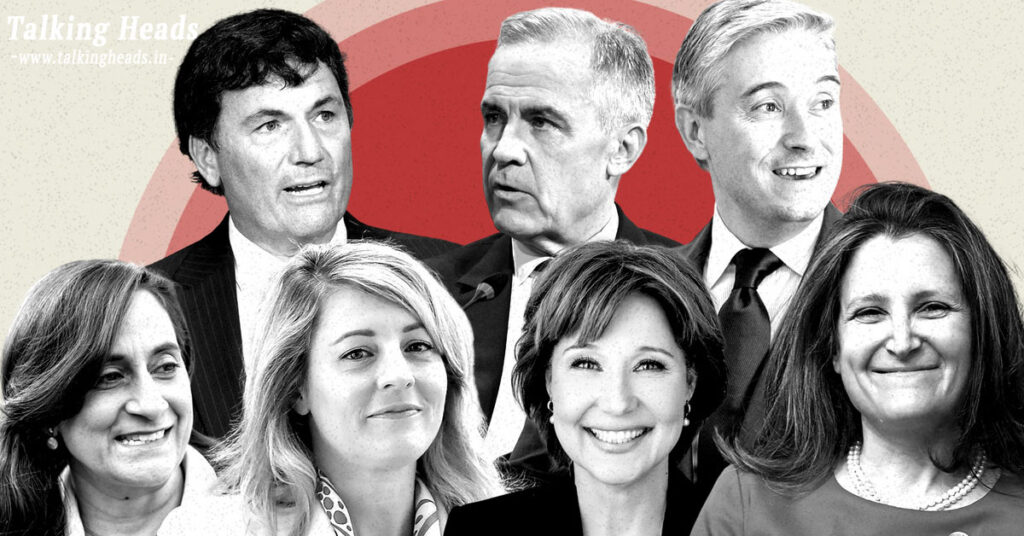Trudeau Resign: Will Khalistan Supporter Trudeau’s Politics End?
In this article, we explore the reasons behind Justin Trudeau’s resignation, the future of his political career, and the potential impact on the Khalistan movement following his departure.
Table of Contents
Trudeau Resign: Trudeau Resign: Justin Trudeau Resigns as Canada’s Prime Minister
On January 6, 2025, Justin Trudeau, the Prime Minister of Canada, announced his resignation. Speculation in Canadian media had long suggested that Trudeau might step down, and now, with his announcement, the career of one of Canada’s most prominent political figures appears to be at a crossroads.
In his address to the nation, Trudeau stated:
If I am to fight battles at home, I will not be the best option for the upcoming elections.”
Trudeau confirmed that he would continue as both the party leader and Prime Minister until the Liberal Party elects his successor.
Why Did Justin Trudeau Resign?
Trudeau’s resignation comes amid mounting pressure from within his party and a series of challenges that weakened his leadership. These include:
1. Fear of Defeat in the 2025 Elections
A Nanos Research survey released on December 31, 2024, revealed that the Liberal Party lagged 26 points behind the opposition Conservative Party, which garnered 46.6% support. With such a significant gap, the Conservatives are poised to win a majority in the 2025 elections.
Adding to this, a January 3 survey by the Angus Reid Institute suggested that the Liberal Party could regain some ground if former Deputy Prime Minister Chrystia Freeland were to lead the party. However, Freeland, one of Trudeau’s closest allies, resigned in December 2024, leaving the party scrambling for options.
2. Loss of Parliamentary Majority
The Liberal Party, holding 153 seats, relied on the support of 25 MPs from the New Democratic Party (NDP), led by pro-Khalistan leader Jagmeet Singh. The NDP withdrew its support in September 2024, leaving Trudeau’s government in a minority.
Although Trudeau narrowly survived a confidence vote on October 1 with the unexpected support of 33 Bloc Québécois MPs, the coalition’s collapse highlighted his precarious position.
3. Corruption Allegations
Trudeau’s name has been linked to allegations of financial misconduct involving Canada’s now-defunct Sustainable Development Technology Canada (SDTC). The Auditor General uncovered irregularities in a billion-dollar “Green Slush Fund,” with funds allegedly allocated to ineligible projects and individuals.
4. Trudeau Resign: Strained Relations with the U.S. and India

Canada’s relationship with its neighbors and allies has worsened under Trudeau. U.S. President Donald Trump announced plans to impose a 25% tariff on Canadian goods and mocked Trudeau by suggesting Canada could become the “51st state of America.”
Relations with India also deteriorated, with Trudeau accused of exploiting anti-India rhetoric and the Khalistani vote bank to distract from internal crises. His stance on India further alienated segments of the Canadian electorate, contributing to his downfall.
Trudeau Resign: Who Will Succeed Trudeau?

The Liberal Party now faces the challenge of selecting a new leader. According to the Center for Strategic and International Studies (CSIS), the potential candidates include:
- Mark Carney, a former banker.
- Mélanie Joly, the current Foreign Minister.
- Dominic LeBlanc, Finance Minister and Trudeau’s close confidant.
If the party chooses someone outside Parliament, a sitting MP may need to resign to allow the new leader to contest a by-election. However, with limited safe seats remaining, this approach carries risks.
Trudeau Resign: Impact on the Khalistan Movement and Canada’s Politics
Experts suggest that Trudeau’s resignation could weaken anti-India politics and the Khalistan movement in Canada, especially if the Conservatives, who are projected to win, form the next government. However, the Khalistan issue is unlikely to disappear entirely, given the significant support it commands among Canadian voters.
Foreign affairs analysts note:
“For Trudeau, the Khalistan issue was a political tool to garner support from a specific faction. With the Conservatives poised to take power, this strategy may no longer hold sway.”
While the end of Trudeau’s tenure signals a shift in Canada’s political landscape, the future of Liberal Party leadership and its stance on divisive issues like Khalistan remains uncertain.
This revised article provides a clear, structured, and engaging narrative while maintaining a professional tone.










